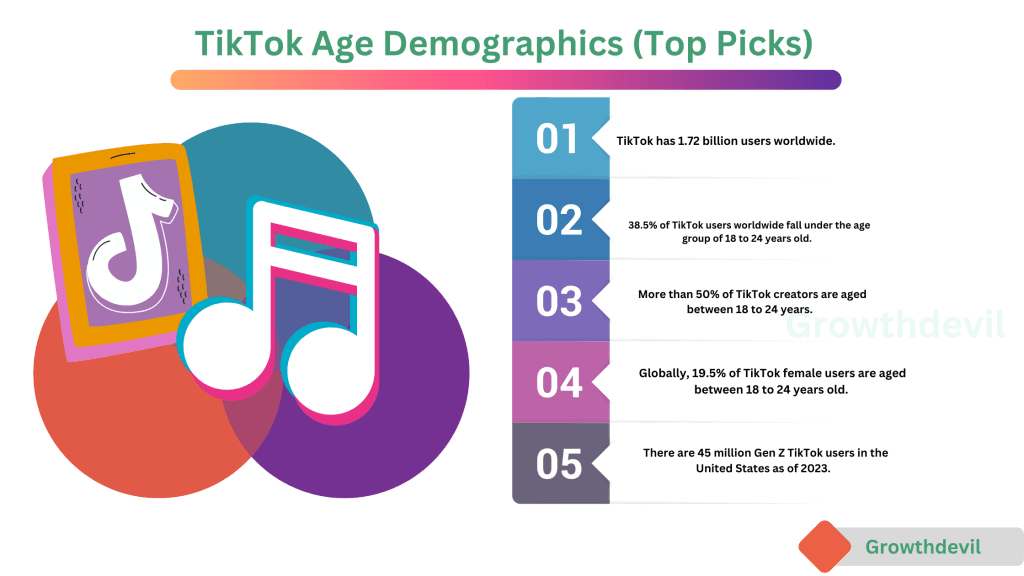
The Influence of Social Media on Customer Relationship Management

The Role of Social Media in Customer Relationship Management
Introduction: The Emerging Importance of Social Media in CRM
In today's digitally driven world, social media has become an integral part of how businesses engage with their customers. The platforms that were once used merely for social interactions are now powerful tools for customer relationship management (CRM). This shift is not only redefining traditional business models but also enhancing the ways in which companies connect with their audiences. By integrating social media strategies into CRM, businesses can achieve more personalized communication, heightened customer service, and stronger brand loyalty.
Illustrations of Success: Case Studies and Research Insights
Several businesses have leveraged social media to transform their customer relationships dramatically. For instance, a study published by the Journal of Business Research highlighted how companies using social media for CRM could enhance customer engagement and satisfaction significantly. One notable example is a global beverage company that uses Twitter to conduct real-time customer service, swiftly addressing complaints and queries, which enhances customer satisfaction and loyalty.
Real-World Applications: Social Media's Impact on CRM
The practical applications of social media in CRM are vast and varied across different sectors. In retail, social media platforms are used to announce new products, gather customer feedback, and even handle complaints. This immediate and interactive platform allows businesses to not only respond quickly to customer needs but also to foster a sense of community among users, enhancing customer loyalty and trust.

Challenges and Potential Setbacks in Social Media-Driven CRM
Despite its benefits, the use of social media in CRM comes with its own set of challenges. Privacy concerns, the need for constant content generation, and the management of negative feedback are some of the primary issues businesses face. However, these challenges can be mitigated through strategic planning and the use of advanced social media monitoring tools.
Maintaining Engagement Through Conversational Exchanges
The conversational nature of social media provides a unique opportunity for businesses to engage with customers in a more informal and personal way. This approach not only makes customers feel valued but also helps businesses gather valuable insights into customer preferences and behaviors.
The Broader Impact: Social Media and Modern CRM
Social media's impact on CRM extends beyond direct customer interaction. It also influences broader business strategies including marketing, sales, and customer service. The data gathered through social media can help businesses predict trends, tailor services, and innovate in ways that are more aligned with customer expectations.
Looking Ahead: The Future of Social Media in CRM
As technology advances, the integration of social media in CRM is expected to become more sophisticated. With the rise of artificial intelligence and machine learning, social media platforms can potentially predict customer needs even before they are expressed, offering a proactive approach to customer service.
Conclusions and Future Directions
The role of social media in customer relationship management is evolving rapidly, transforming how businesses interact with customers and shape their experiences. As we look to the future, the potential for social media to further enhance CRM is immense, promising even more personalized and effective customer engagement strategies.

References and Further Reading
For those interested in exploring this topic further, detailed studies and case studies can be found in the following sources:
- Journal of Business Research: Link to the study on social media and CRM
- Harvard Business Review: Analysis on CRM and digital marketing
Continue reading
More posts about social media insights and analytics and customer relationship management




